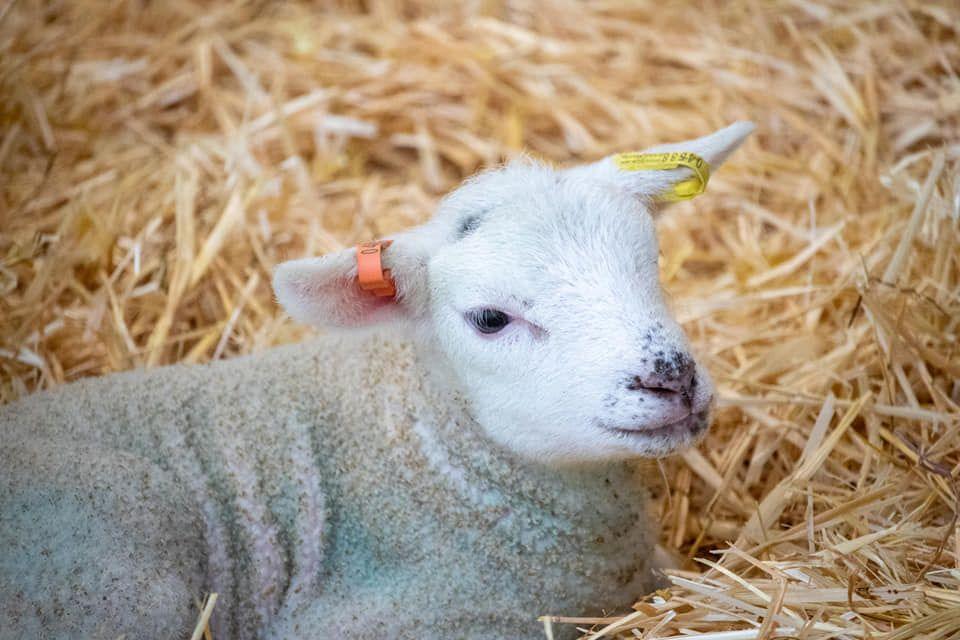Lambing event cancelled due to spread of virus

A rise in Schmallenberg virus in Lincolnshire has led to the cancellation of the lambing event
At a glance
Lincoln University has cancelled a lambing event at Riseholme Park Farm
It is due to a rise in the Schmallenberg virus in Lincolnshire
The livestock disease is spread via midge bites
- Published
The University of Lincoln has cancelled its public lambing event after a virus affecting livestock was confirmed in Lincolnshire.
Riseholme Park Farm will not be holding the event this spring due to Schmallenberg, a viral disease spread via midge bites.
The Animal and Plant Health Agency confirmed 63 UK cases between 1 December 2023 and 16 January 2024.
Matt Bagley, farming and estate manager at the University of Lincoln, said potentially "difficult births" would not be "the right thing" to show people.
Matt Bagley, farming and estate manager at the University of Lincoln, cancelled the event
While the farm has had no identified cases of the virus, Mr Bagley said the decision to cancel had been taken as a precaution.
The virus is not dangerous to humans but affects sheep, lambs, goats and cattle.
Cases of the virus have been rising since August 2023 and most have been found in stillborn lambs.
Schmallenberg spreads quickly and usually lasts between two and seven days in adult animals.
Symptoms include reduced milk production, fever and diarrhoea.
There is currently no vaccine and no plans to produce one, .
'Could be difficult births'
Mr Bagley said there is no way of testing for the virus until the lambs are born and that he has prioritised the wellbeing of the livestock and the farm's educational function during the lambing period.
He said students "need to see" the virus "if it is here".
"Some of the newborn lambs are deformed or have fused limbs and itās sometimes quite difficult to help them deliver," he said.
"It's just a precaution. There could be some difficult births and we don't think it's the right thing to show people," he added.
More than 1,000 people attended the event in 2023.
Related topics
- Published26 January